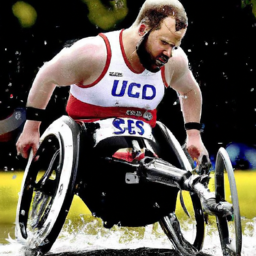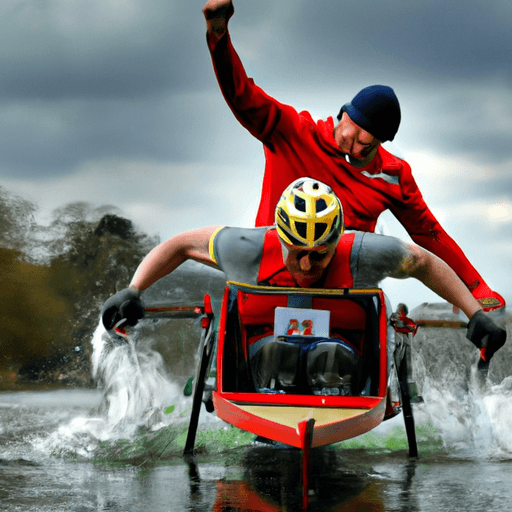633
Newsletter
Subscribe to our newsletter for exclusive content, latest news and trends, and exciting new features.
Tranding
Categories
Home and gardenLiterature and writingPets and animalsHealth and wellnessTravel and tourism
Business and entrepreneurshipScience and natureGaming and esportsEnvironment and sustainabilitySports and fitnessArts and cultureLifestyleTechnologyFood and cookingEntertainmentBeauty and personal careMusic and EntertainmentEducation and learning



















Comments
Leave a Comment